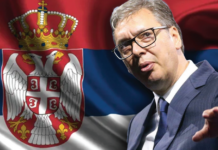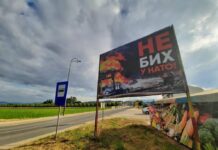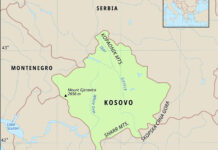In this paper, Buljubašić and Holá build upon existing theoretical and empirical knowledge stemming from criminology, conflict and peace studies, as well as from the radicalization and extremism studies, in order to explore the role of historical trauma in collective radicalisation.
Historical trauma that occurred in the more or less distant past, can be objective, altered, or imagined. That trauma is shared by a group of people and becomes one of the markers of their group identity across generations. Radicalisation refers to a process of acquiring more and more extreme political, religious, or social ideologies, and becoming more prone to endorsing any form of (violent) extreme behaviour to achieve one’s goals. The intergenerational transmission of collective trauma can arguably have a significant role in the radicalisation of future generations who consider themselves historically victimized by the Other. The aim of this paper is to explore how the intergenerational transmission of collective trauma may contribute to group radicalisation.
The paper, therefore, introduces a (thus far relatively neglected) intergenerational perspective in radicalisation studies. In order to do so, autors first briefly address the existing knowledge on individual and collective radicalisation. Thereafter, they discuss individual and collective trauma and describe their consequences and manifestations. Then, they turn the attention to scholarship on the intergenerational transmission of the legacies of political violence, focusing in particular on the intergenerational transmission of collective trauma, i.e., historical trauma. The final section synthesizes arguments and makes a couple of tentative claims on how historical trauma can potentially contribute to the radicalisation of present and future generations.
Paper is available on this link.








